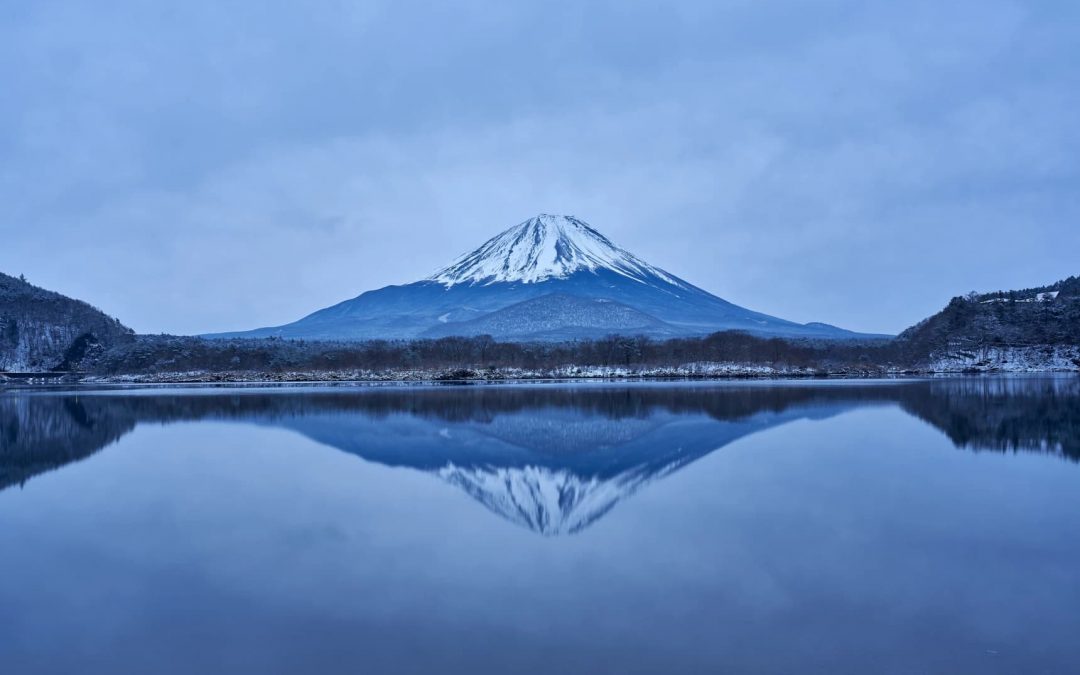
Reflections
Reflections
Reflections
In this historic work, Japan, An Attempt At Interpretation, Patrick Hearn (Koizumi Yakumo) endeavoured to suggest a general idea of the social history of Japan, and a general idea of the nature of those forces which shaped and tempered the character of the Japanese people.

But the fact that Japan can be understood only through the study of her religious and social evolution has been sufficiently indicated.
She affords us the amazing spectacle of an Eastern society maintaining all the outward forms of Western civilization using, with unquestionable efficiency, the applied science of the Occident.
Accomplishing, by prodigious effort, the work of centuries within the time of three decades, yet sociologically remaining at a stage corresponding to that which, in ancient Europe, preceded the Christian era by hundreds of years.
But no suggestion of origins and causes should diminish the pleasure of contemplating this curious world, psychologically still so far away from us in the course of human evolution.
The wonder and beauty of what remains of the Old Japan cannot be lessened by any knowledge of the conditions that produced them.
The old kindliness and grace of manners need not cease to charm us because we know that such manners were cultivated, for a thousand years, under the edge of the sword.
Common politeness almost universal, and the rarity of quarrels, should not prove less agreeable because we have learned that, for generations and generations, all quarrels among the people were punished with extraordinary rigour, and that the custom of the vendetta, which rendered necessary such repression, also made everybody cautious of word and deed.

The popular smile should not seem less winning because we have been told of a period, in the past of the subject-classes, when not to smile in the teeth of pain might cost life itself.
What remains of this elder civilization, Old Japan is full of charm, charm unspeakable, and to witness its gradual destruction must be a grief for whomsoever has felt that charm.
However intolerable may seem, to the mind of the artist or poet, those countless restrictions which once ruled all this fairy-world and shaped the soul of it, he cannot but admire and love their best results.
The simplicity of old custom.
The amiability of manners.
The daintiness of habits.
The delicate tact displayed in pleasure-giving.
The strange power of presenting outwardly, under any circumstances, only the best and brightest aspects of character.
Are we really charmed by the results of a social discipline that refused to recognize the individual?
Enamoured by a cult that exacted the suppression of personality?

No.
The charm is made by the fact that this vision of the past represents to us much more than past or present, that it foreshadows the possibilities of some higher future, in a world of perfect sympathy.
After many a thousand years there may be developed a humanity able to achieve, with never a shadow of illusion, those ethical conditions prefigured by the ideals of Old Japan.
Instinctive unselfishness, a common desire to find the joy of life in making happiness for others, and a universal sense of moral beauty.
And whenever men shall have so far gained upon the present as to need no other code than the teaching of their own hearts, then indeed the ancient ideal of Shinto will find its supreme realization.
Old Japan came nearer to the achievement of the highest moral ideal than our far more evolved societies can hope to do for many a hundred years.

No people so ruled by altruism as to lose its capacities for aggression and cunning could hold their own, in the present state of the world, against races hardened by the discipline of competition as well as by the discipline of war.
The future Japan must rely upon the least amiable qualities of her character for success in the universal struggle, and she will need to develop them strongly.
The veritable strength of Japan still lies in the moral nature of her common people, her farmers and fishermen, artisans and labourers, the patient quiet folk one sees toiling in the rice-fields, or occupied with the humblest of crafts and callings.
At no time was the ancient faith stronger than in this hour of struggle, and Russian power will have very much more to fear from that faith than from repeating rifles or Whitehead torpedoes.

Shinto, as a religion of patriotism, is a force that should suffice, if permitted fair-play, to affect not only the destinies of the whole Far East, but the future of civilization.
No more irrational assertion was ever made about the Japanese than the statement of their indifference to religion.
Religion is still, as it has ever been, the very life of the people, the motive and the directing power of their every action.
A religion of doing and suffering, a religion without cant and hypocrisy.
And the qualities especially developed by it are just those qualities which have startled Russia, and may yet cause her many a painful surprise.
Before the Russian menace, the Soul of Yamato revives again.

Japan has incomparably more to fear from English or American capital than from Russian battleships and bayonets.
Behind her military capacity is the disciplined experience of a thousand years, behind her industrial and commercial power, the experience of half-a-century.
She was able to keep strong because, under the new forms of rule and the new conditions of social activity, she could still maintain a great deal of the ancient discipline.
But even thus it was only by the firmest and shrewdest policy that she could avert disaster, could prevent the disruption of her whole social structure under the weight of alien pressure.
It was imperative that vast changes should be made, but equally imperative that they should not be of a character to endanger the foundations.
It was above all things necessary, while preparing for immediate necessities, to provide against future perils.
Never before, perhaps, in the history of human civilization, did any rulers find themselves obliged to cope with problems so tremendous, so complicated, and so inexorable.
And of these problems the most inexorable remains to be solved.
It is furnished by the fact that although all the successes of Japan have been so far due to unselfish collective action, sustained by the old Shinto ideals of duty and obedience, her industrial future must depend upon egoistic individual action of a totally opposite kind!

What then will become of the ancient morality and the ancient cult?
It seems certain that there will be a further gradual loosening of the old family-bonds, and this would bring about a further disintegration.
By the testimony of the Japanese themselves, such disintegration was spreading rapidly among the upper and middle classes of the great cities, prior to the present war.
Among the people of the agricultural districts, and even in the country towns, the old ethical order of things has yet been little affected.
And there are other influences than legislative change or social necessity which are working for disintegration.
Old beliefs have been rudely shaken by the introduction of larger knowledge.
A new generation is being taught, in twenty-seven thousand primary schools, the rudiments of science and the modern conception of the universe.
Under any circumstances a religion decays slowly, and the most conservative forms of religion are the last to yield to disintegration.
It were a grave mistake to suppose that the ancestor-cult has yet been appreciably affected by exterior influences of any kind, or to imagine that it continues to exist merely by force of hallowed custom, and not because the majority still believe.
No religion, and least of all the religion of the dead, could thus suddenly lose its hold upon the affections of the race that evolved it.
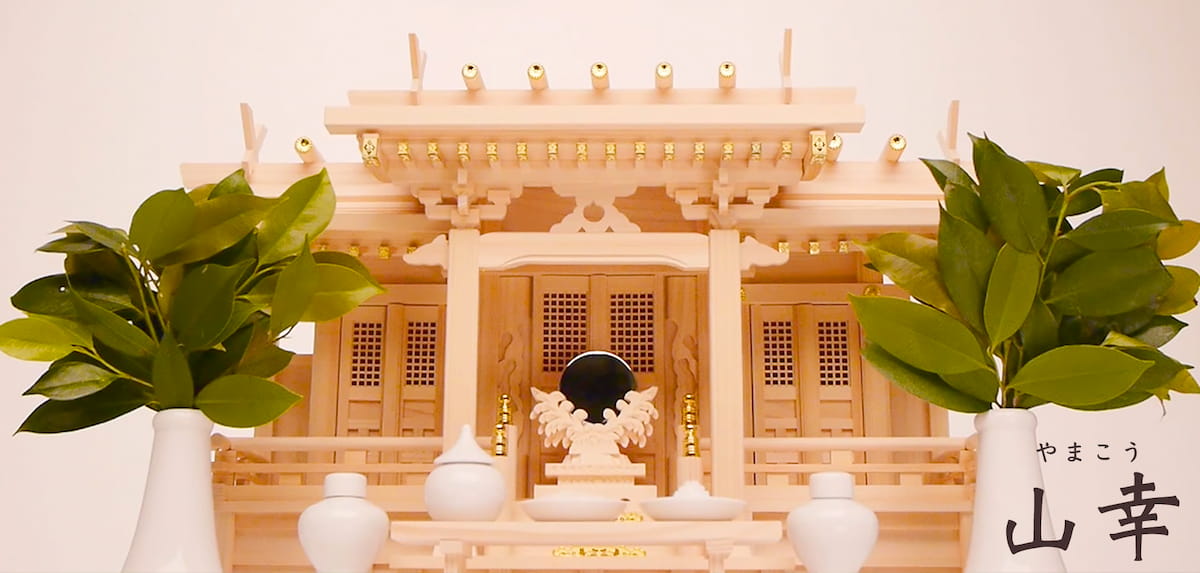
There is indeed a growing class of young men with whom scepticism of a certain sort is the fashion, and scorn of the past an affectation, but even among these no word of disrespect concerning the religion of the home is ever heard.
Protests against the old obligations of filial piety, complaints of the growing weight of the family yoke, are sometimes uttered, but the domestic cult is never spoken of lightly.
As for the communal and other public forms of Shinto, the vigour of the old religion is sufficiently indicated by the continually increasing number of shrines.
In 1897 there were 191,962 Shinto shrines, in 1901 there were 195,256.
It seems probable that such changes as must occur in the near future will be social rather than religious, and there is little reason to believe that these changes, however they may tend to weaken filial piety in sundry directions will seriously affect the ancestor-cult itself.
The weight of the family-bond, aggravated by the increasing difficulty and cost of life, may be more and more lightened for the individual, but no legislation can abolish the sentiment of duty to the dead.
When that sentiment utterly fails, the heart of a nation will have ceased to beat.
Belief in the old gods, as gods, may slowly pass, but Shinto may live on as the Religion of the Fatherland.

A religion of heroes and patriots, and the likelihood of such future modification is indicated by the memorial character of many new shrines.
It has been much asserted of late years that Japan is desperately in need of a Gospel of Individualism, and many pious persons assume that the conversion of the country to Christianity would suffice to produce the Individualism.
This assumption has nothing to rest on except the old superstition that national customs and habits and modes of feeling, slowly shaped in the course of thousands of years, can be suddenly transformed by a mere act of faith.
Since the declaration of the Anglo-Japanese alliance, there has been a remarkable softening in the attitude of safe conservatism which the government formerly maintained toward Western religion.
But as for the question whether the Japanese nation will ever adopt an alien creed under official encouragement, I think that the sociological answer is evident.
Any understanding of the fundamental structure of society should make equally obvious the imprudence of attempting hasty transformations, and the impossibility of effecting them.
For the present, at least, the religious question in Japan is a question of social integrity, and any efforts to precipitate the natural course of change can result only in provoking reaction and disorder.

I believe that the time is far away at which Japan can venture to abandon the policy of caution that has served her so well.
I believe that the day on which she adopts a Western creed, her immemorial dynasty is doomed, and I cannot help fearing that whenever she yields to foreign capital the right to hold so much as one rood of her soil, she signs away her birthright beyond hope of recovery.
Consider a few general remarks upon the religion of the Far East, in its relation to Occidental aggressions, this attempt at interpretation may fitly conclude.
All the societies of the Far East are founded, like that of Japan, upon ancestor-worship.
This ancient religion, in various forms, represents their moral experience, and it offers everywhere to the introduction of Christianity, as now intolerantly preached, obstacles of the most serious kind.
Attacks upon it must seem, to those whose lives are directed by it, the greatest of outrages and the most unpardonable of crimes.
A religion for which every member of a community believes it his duty to die at call, is a religion for which he will fight.
His patience with attacks upon it will depend upon the degree of his intelligence and the nature of training.
None the races of the Far East have the intelligence of the Japanese, nor have they been equally well trained, under ages of military discipline, to adapt their conduct to circumstances.
The East has been tolerant of all creeds which do not assault the foundations of its societies.

And if Western missions had been wise enough to leave those foundations alone, to deal with the ancestor-cult as Buddhism did, and to show the same spirit of tolerance in other directions, the introduction of Christianity upon a very extensive scale should have proved a matter of no difficulty.
That the result would have been a Christianity differing considerably from Western Christianity is obvious.
The structure of Far-Eastern society not admitting of sudden transformations, but the essentials of doctrine might have been widely propagated, without exciting social antagonism, and much less race-hatred.
Today it is probably impossible to undo what the sterile labour of intolerance has already done.
The hatred of Western religion in China and adjacent countries is undoubtedly due to the needless and implacable attacks which have been made upon the ancestor-cult.
To demand of a Chinese that he cast away or destroy his ancestral tablets is not less irrational and inhuman than it would be to demand of an Englishman or a Frenchman that he destroy his mother’s tombstone in proof of his devotion to Christianity.

From old time these attacks upon the domestic faith of docile and peaceful communities have provoked massacres, and, if persisted in, they will continue to provoke massacres while the people have strength left to strike.
How foreign religious aggression is answered by native religious aggression, and how Christian military power avenges the foreign victims with tenfold slaughter and strong robbery, need not here be recorded.
It has not been in these years only that ancestor-worshipping peoples have been slaughtered, impoverished, or subjugated in revenge for the uprisings that missionary intolerance provokes.
From the sociological point of view the whole missionary system, irrespective of sect and creed, represents the skirmishing-force of Western civilization in its general attack upon all civilizations of the ancient type, the first line in the forward movement of the strongest and most highly evolved societies upon the weaker and less evolved.
The conscious work of these fighters is that of preachers and teachers; their unconscious work is that of sappers and destroyers.
Yet Christianity does not appreciably expand.
They perish, and they really lay down their lives, with more than the courage of soldiers, not, as they hope, to assist the spread of that doctrine which the East must still of necessity refuse, but to help industrial enterprise and Occidental aggrandizement.
The real and avowed object of missions is defeated by persistent indifference to sociological truths, and the martyrdoms and sacrifices are utilized by Christian nations for ends essentially opposed to the spirit of Christianity
Needless to say that the aggressions of race upon race are fully in accord with the universal law of struggle, that perpetual struggle in which only the more capable survive.
Inferior races must become subservient to higher races, or disappear before them.
And ancient types of civilization, too rigid for progress, must yield to the pressure of more efficient and more complex civilizations.
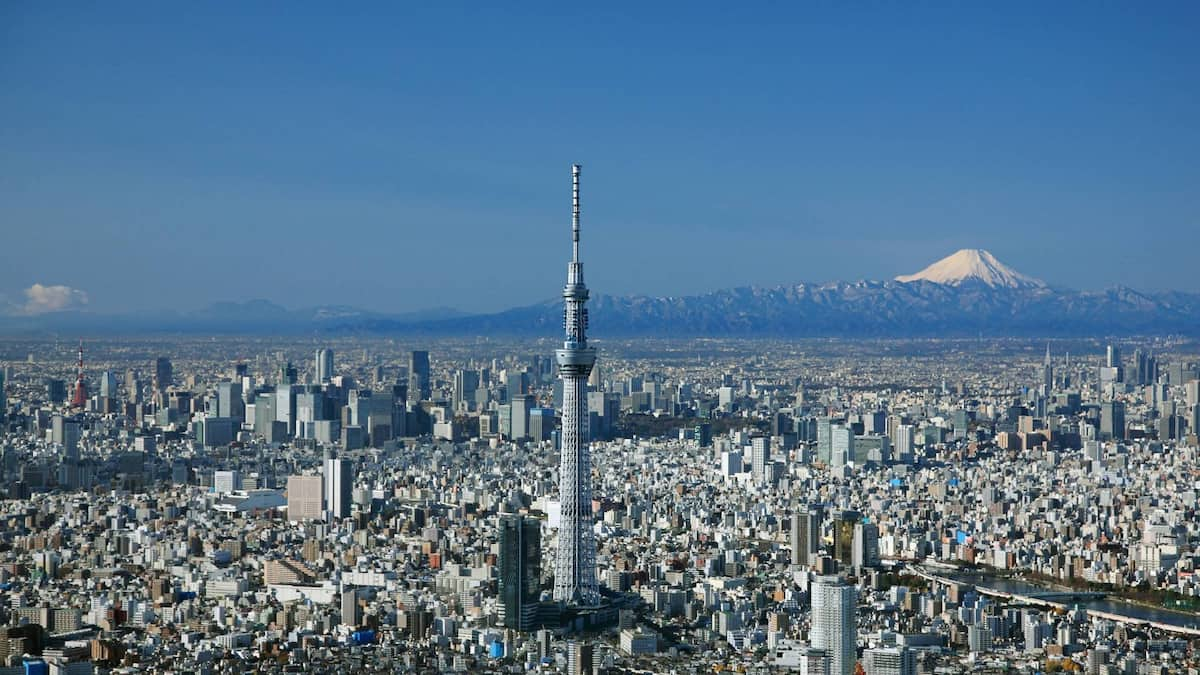
Human progress has been achieved by denying the law of the stronger, by battling against those impulses to crush the weak, to prey upon the helpless, which rule in the world of the brute.
All virtues and restraints making civilization possible have been developed in the teeth of natural law.
Those races which lead are the races who first learned that the highest power is acquired by the exercise of forbearance, and that liberty is best maintained by the protection of the weak, and by the strong repression of injustice.
Unless we be ready to deny the whole of the moral experience thus gained, unless we are willing to assert that the religion in which it has been expressed is only the creed of a particular civilization, and not a religion of humanity, it were difficult to imagine any ethical justification for the aggressions made upon alien peoples in the name of Christianity and enlightenment.
The plain teaching of sociology is that the higher races cannot with impunity cast aside their moral experience in dealing with feebler races, and that Western civilization will have to pay, sooner or later, the full penalty of its deeds of oppression.

Nations that, while refusing to endure religious intolerance at home, steadily maintain religious intolerance abroad, must eventually lose those rights of intellectual freedom which cost so many centuries of atrocious struggle to win.
Perhaps this book will convince some thoughtful persons that the constitution of Far-Eastern society presents insuperable obstacles to the propaganda of Western religion.
These obstacles now demand, more than at any previous epoch, the most careful and humane consideration, and that the further needless maintenance of an uncompromising attitude towards them can result in nothing but evil.
Whatever the religion of ancestors may have been thousands of years ago, today throughout the Far East it is the religion of family affection and duty, and by inhumanly ignoring this fact, Western zealots can scarcely fail to provoke a few more “Boxer“ uprisings.
Never will the East turn Christian while dogmatism requires the convert to deny his ancient obligation to the family, the community, and the government and further insists that he prove his zeal for an alien creed by destroying the tablets of his ancestors, and outraging the memory of those who gave him life.


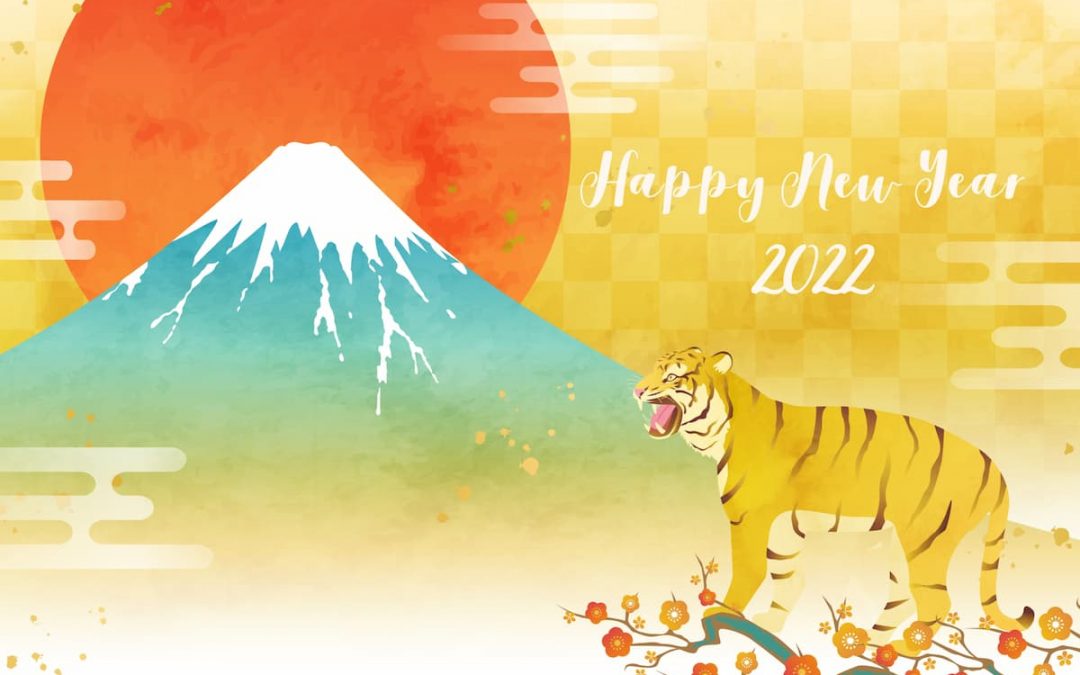


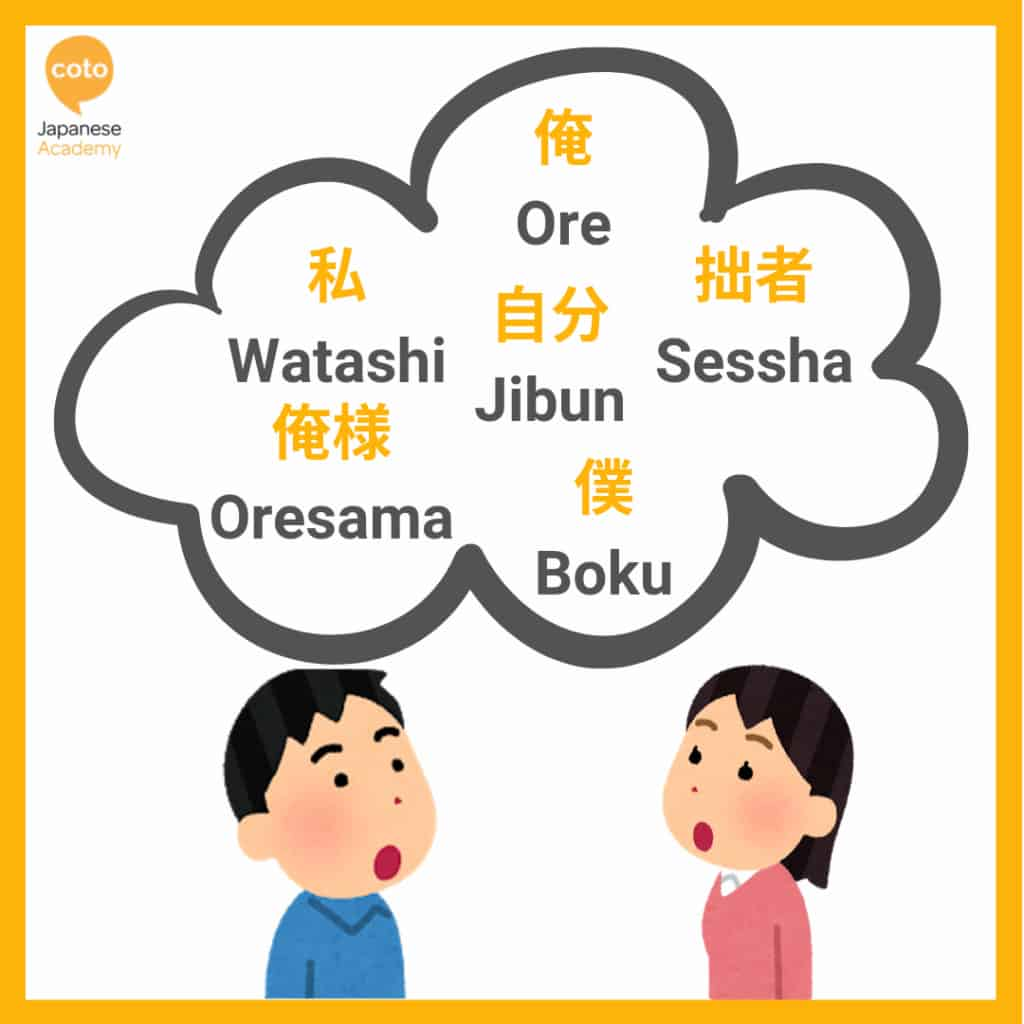

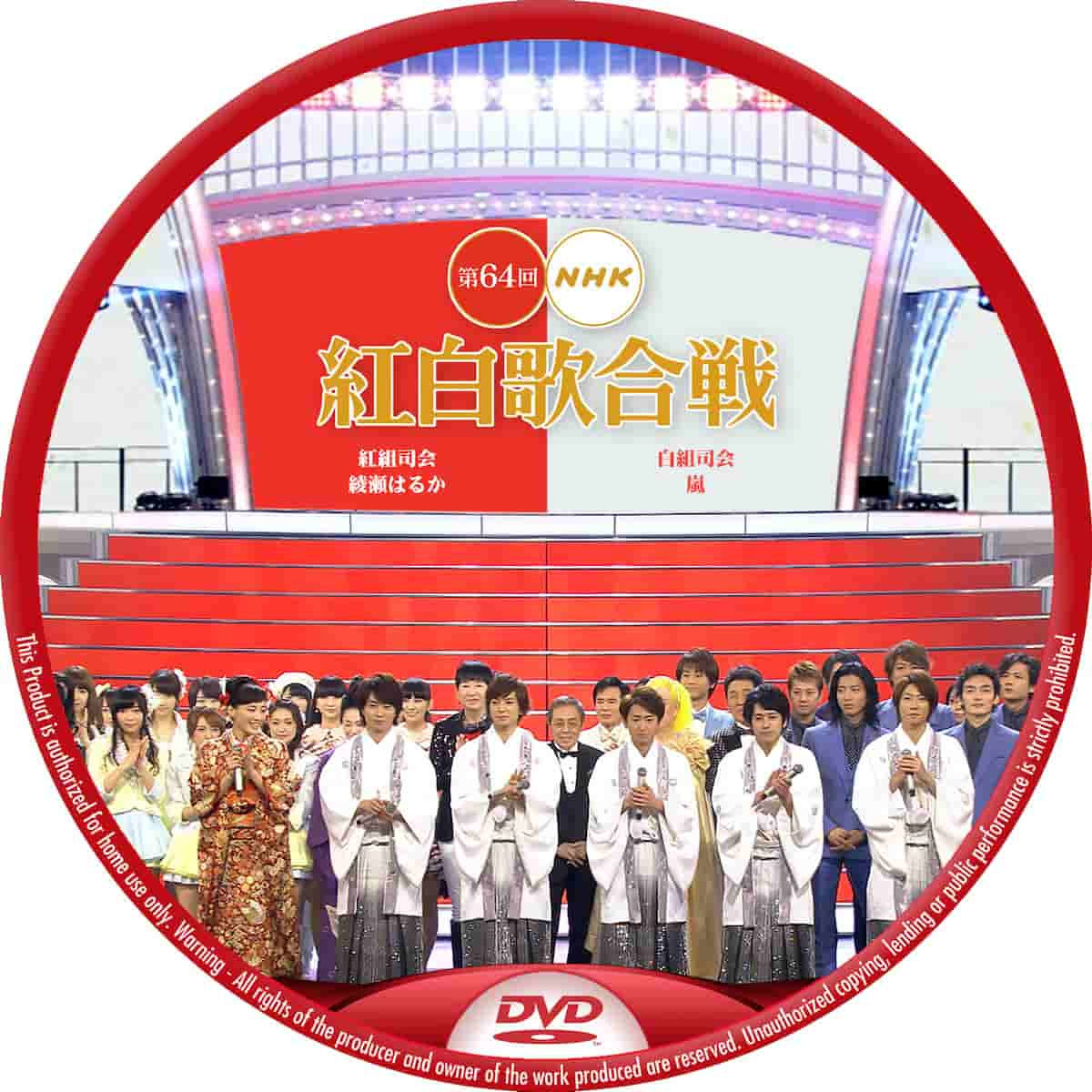

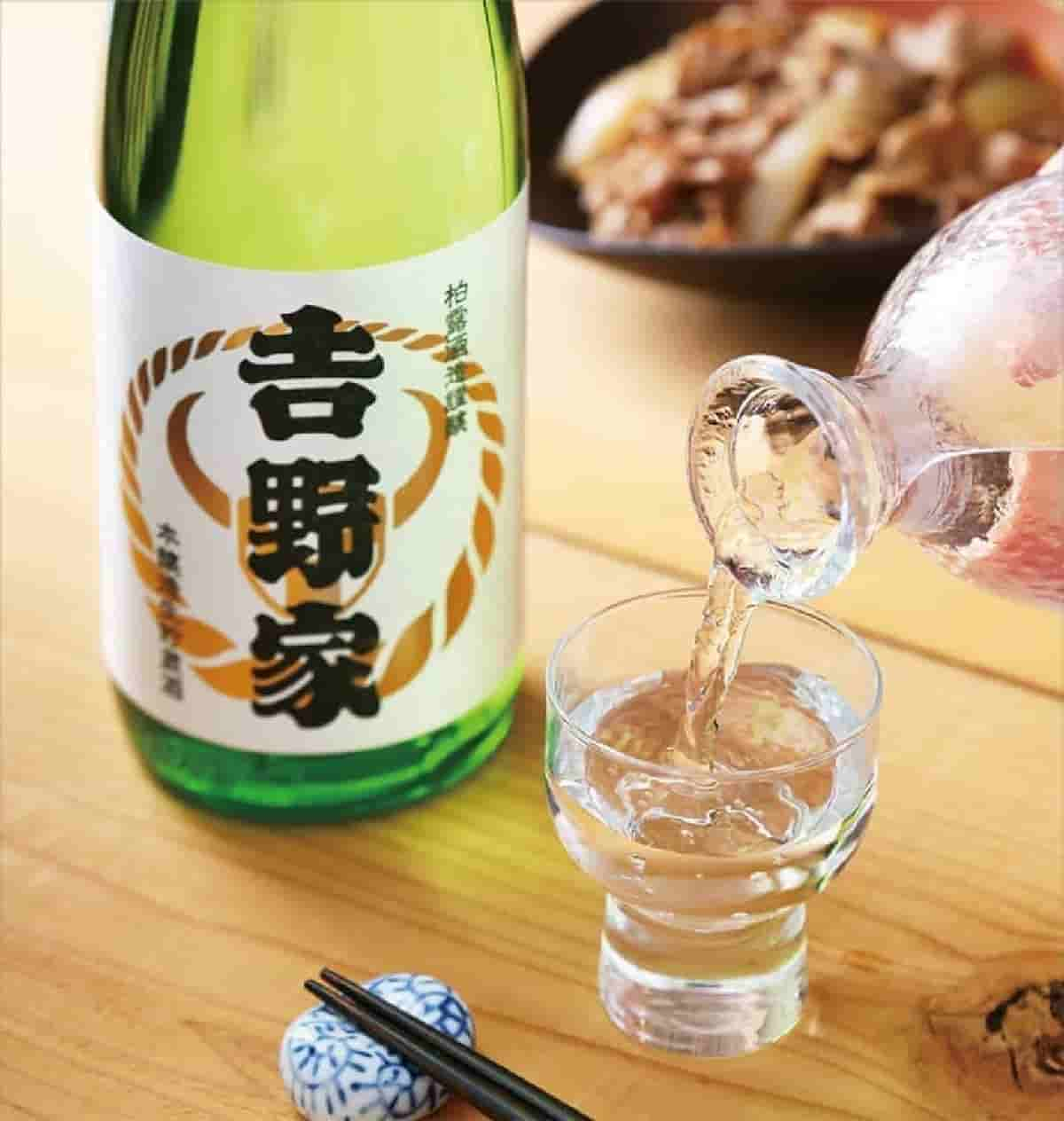


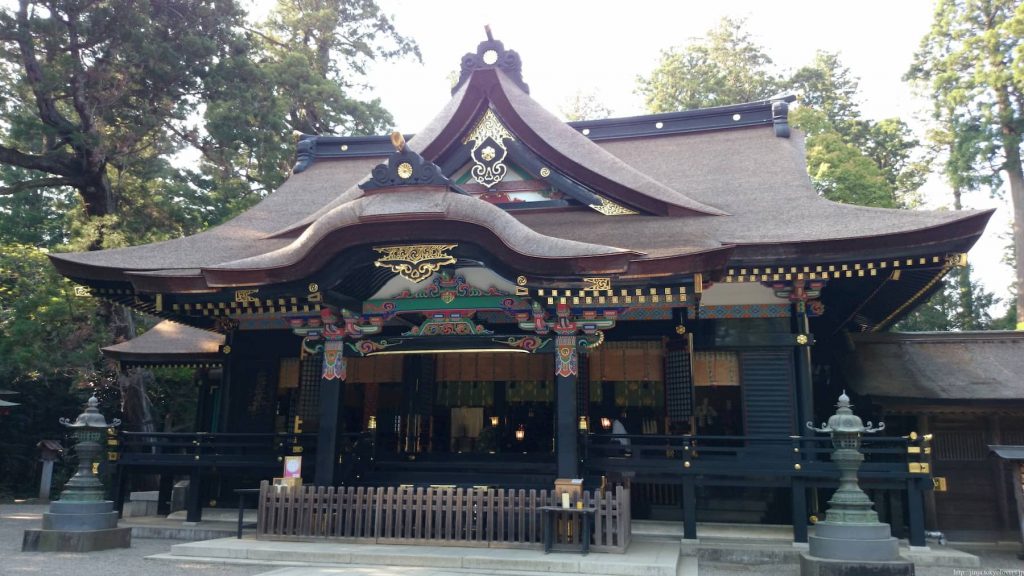







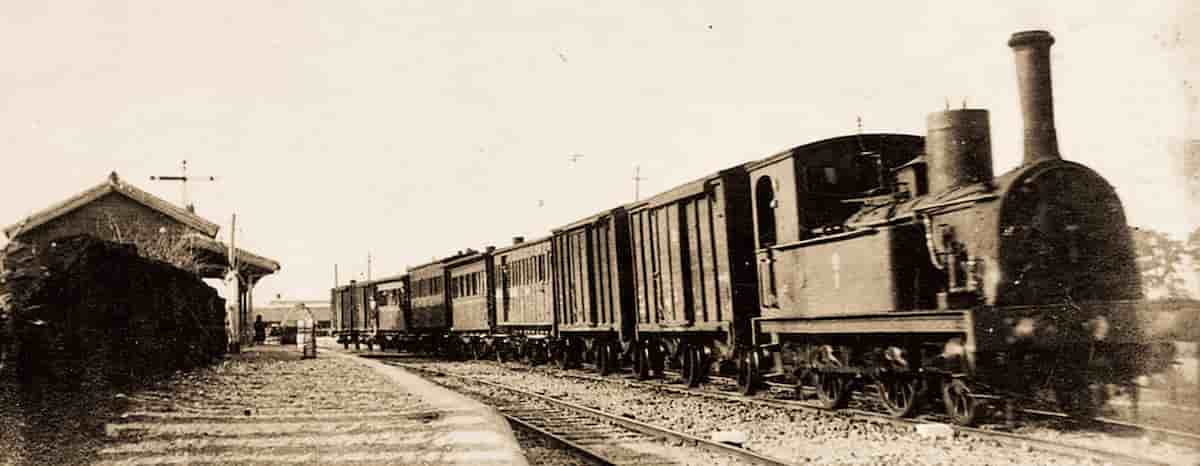
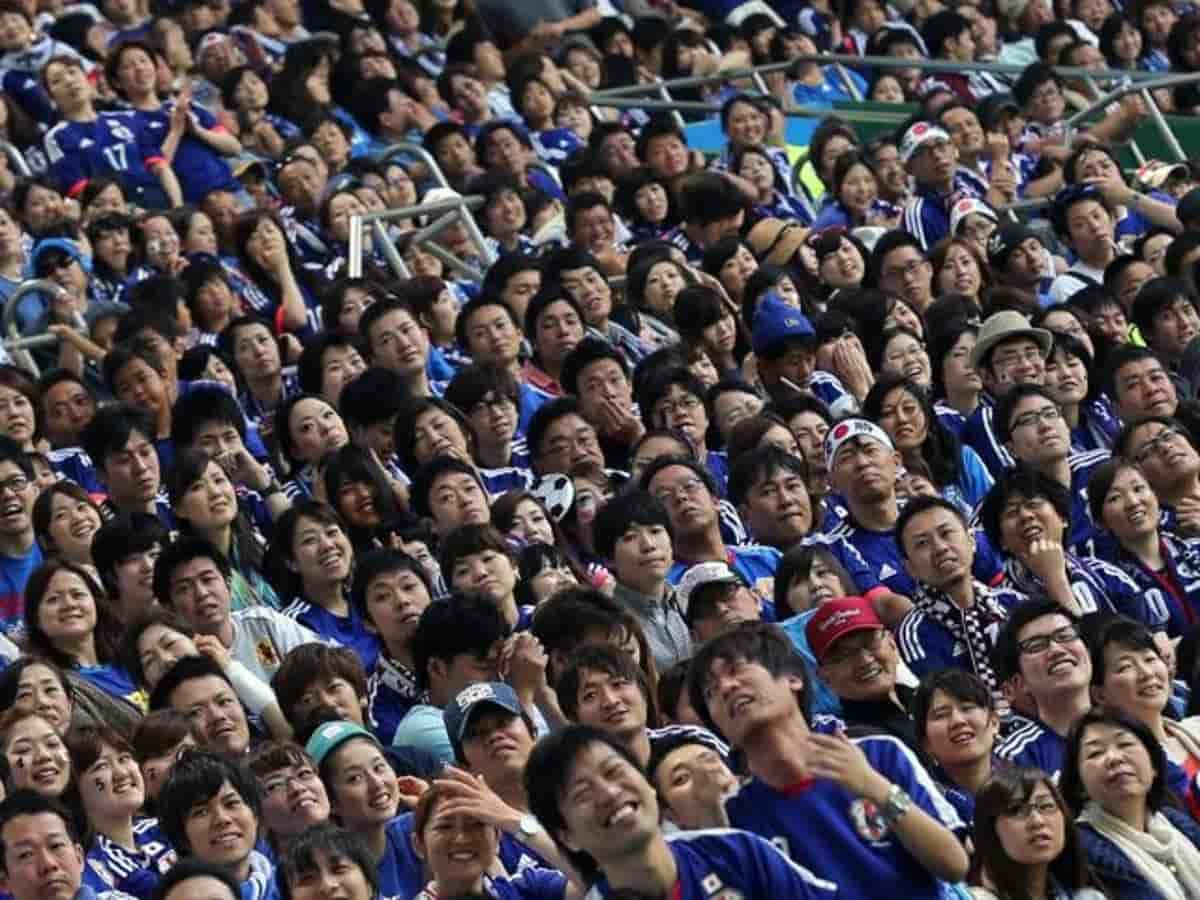

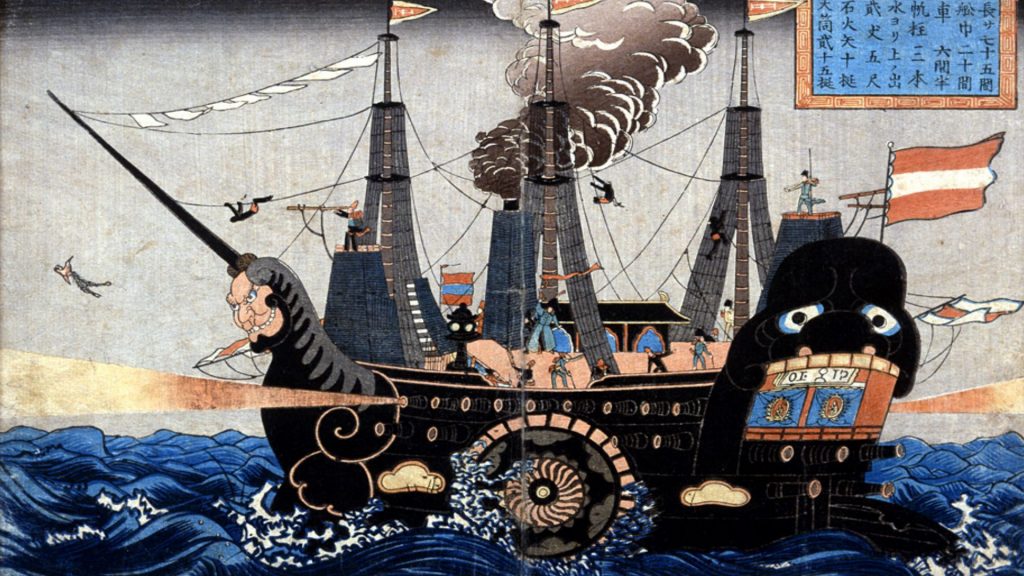
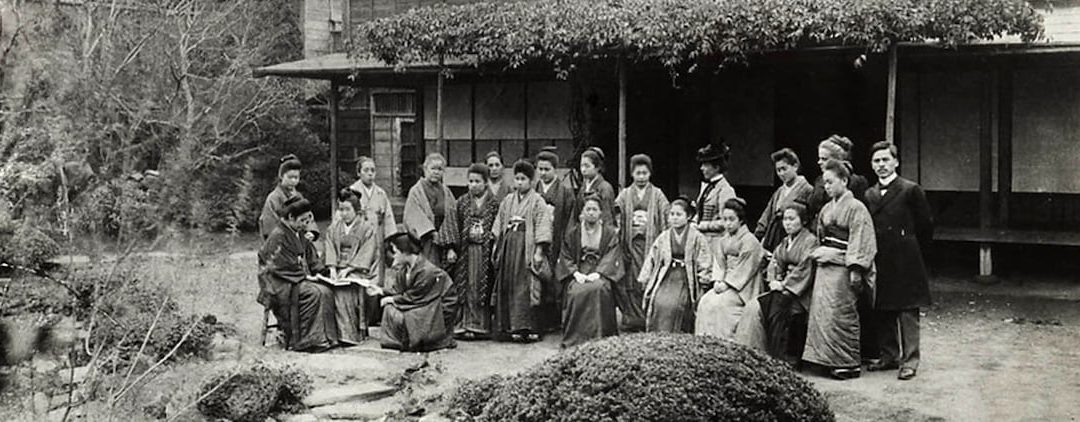


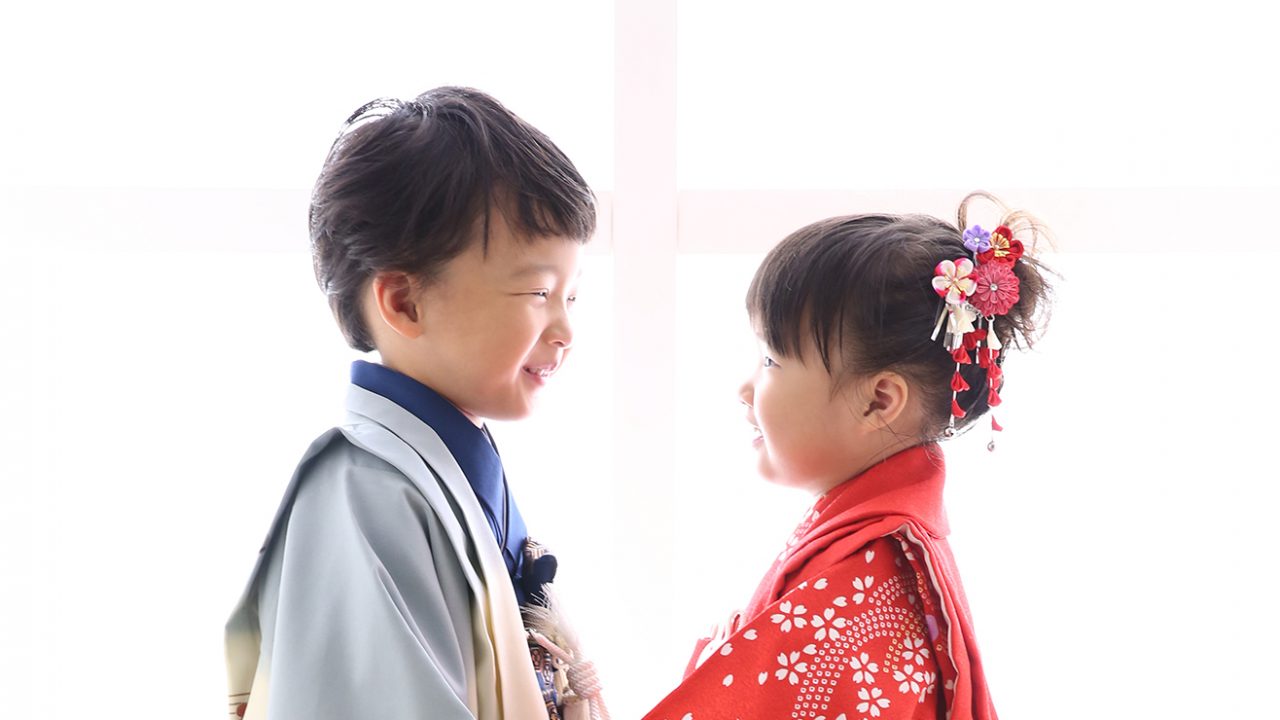


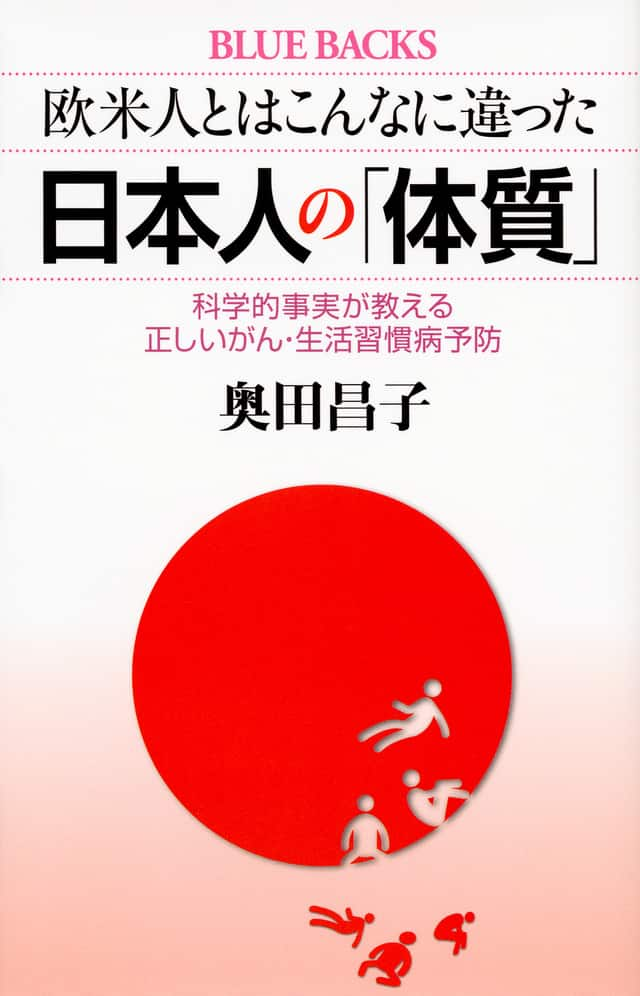
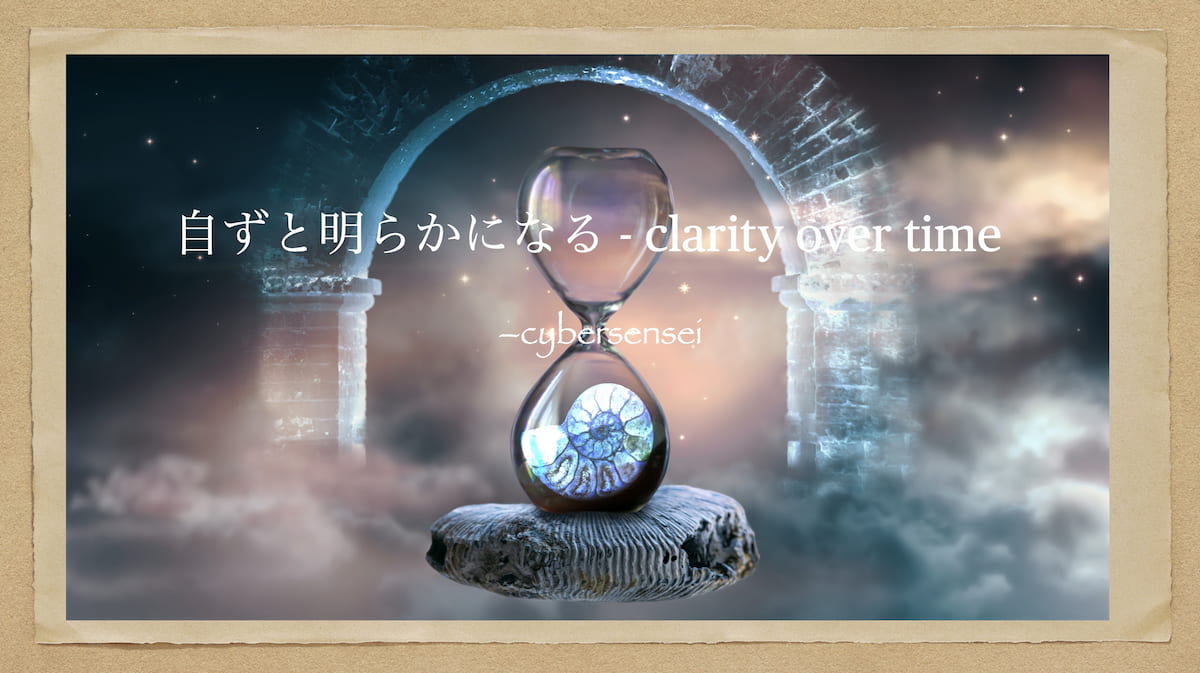


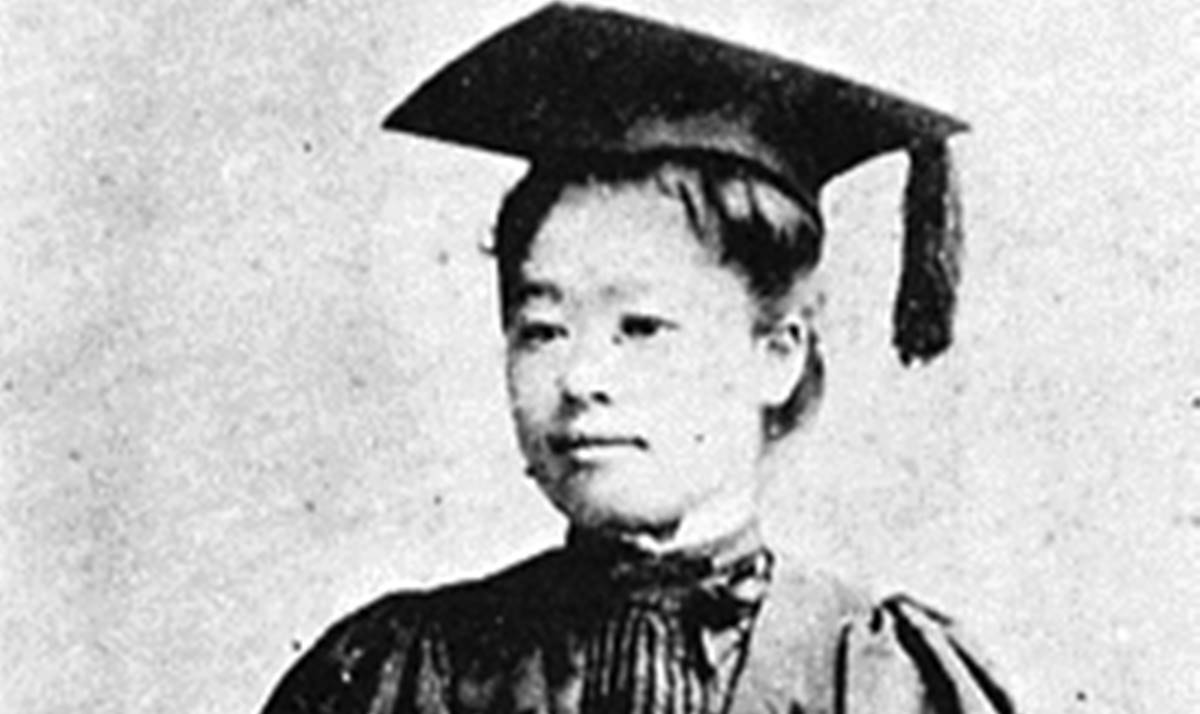

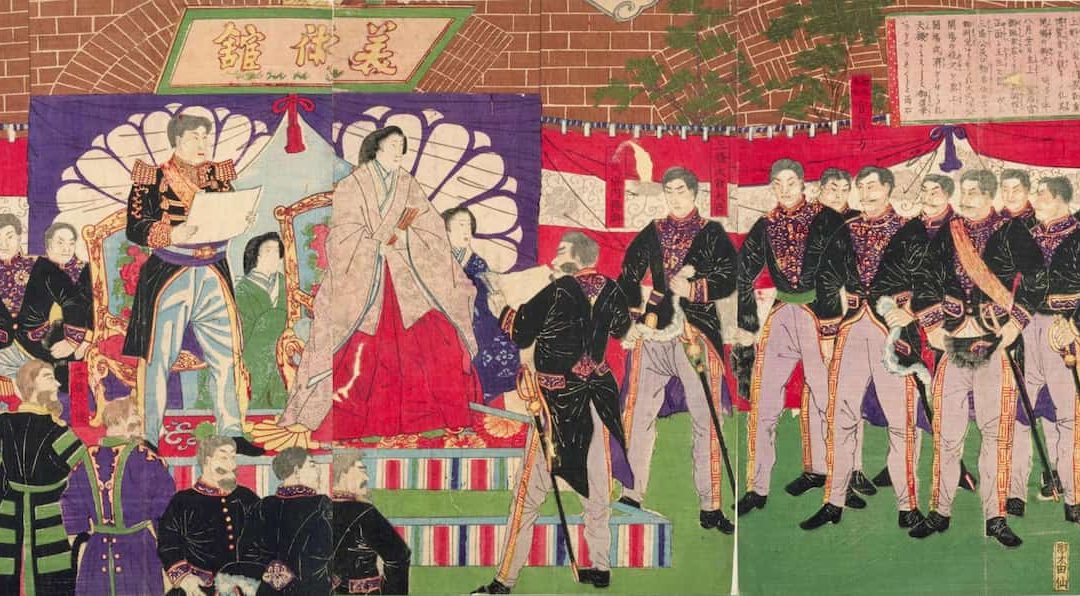




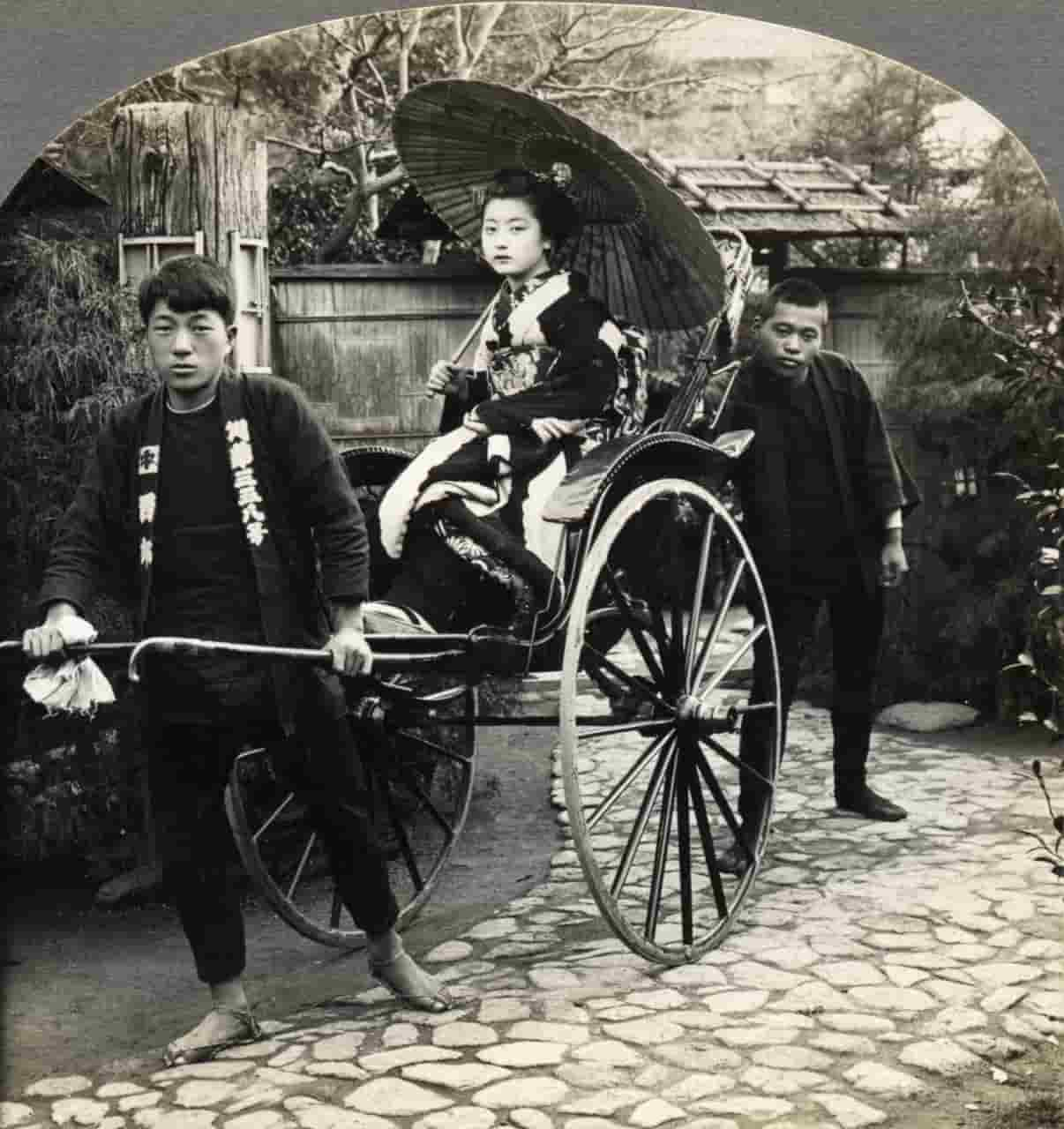




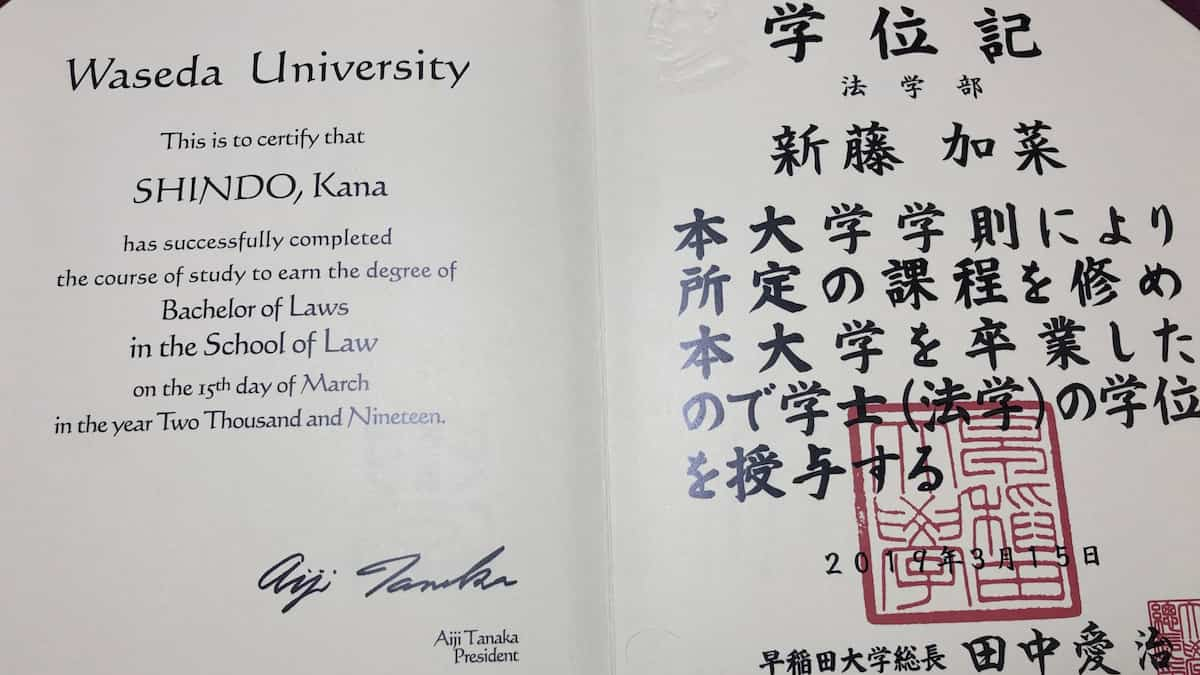
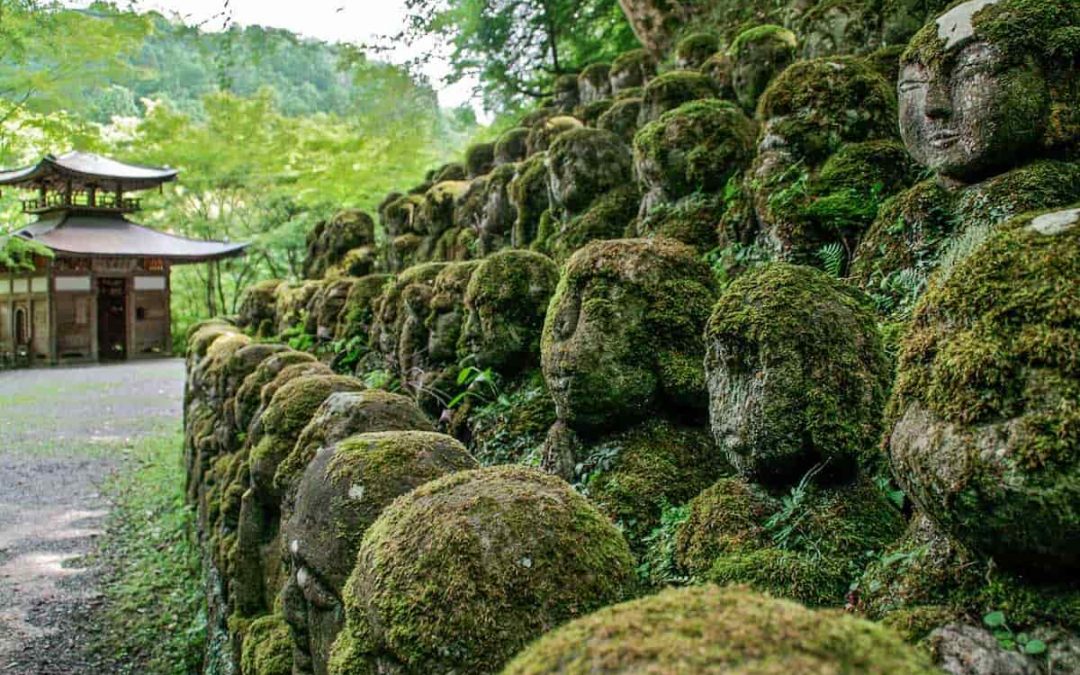
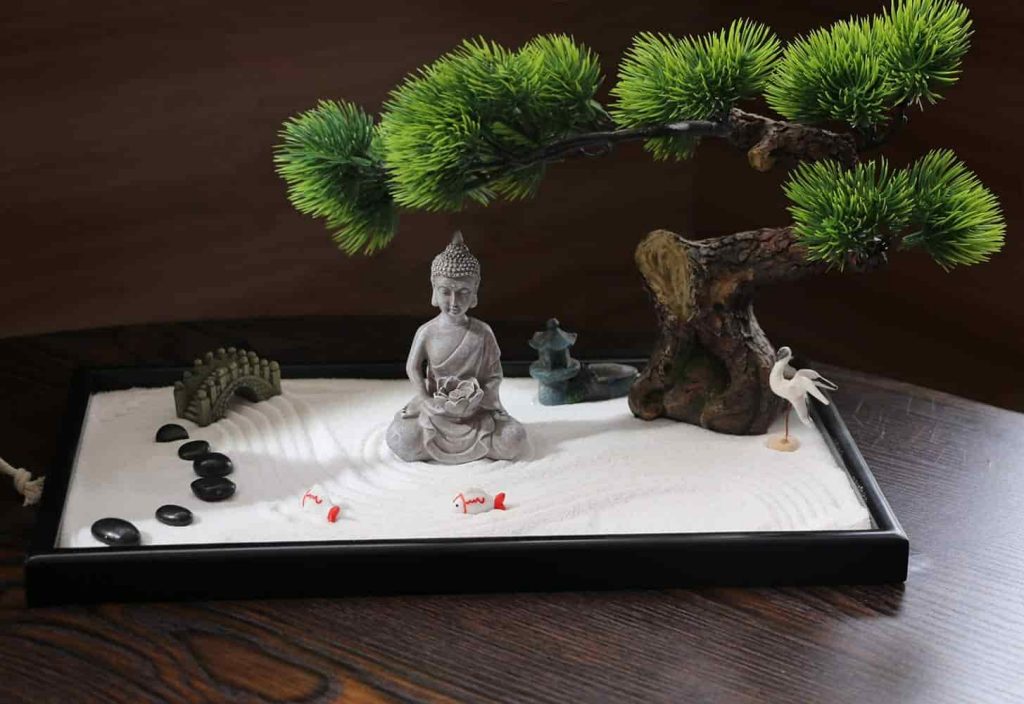

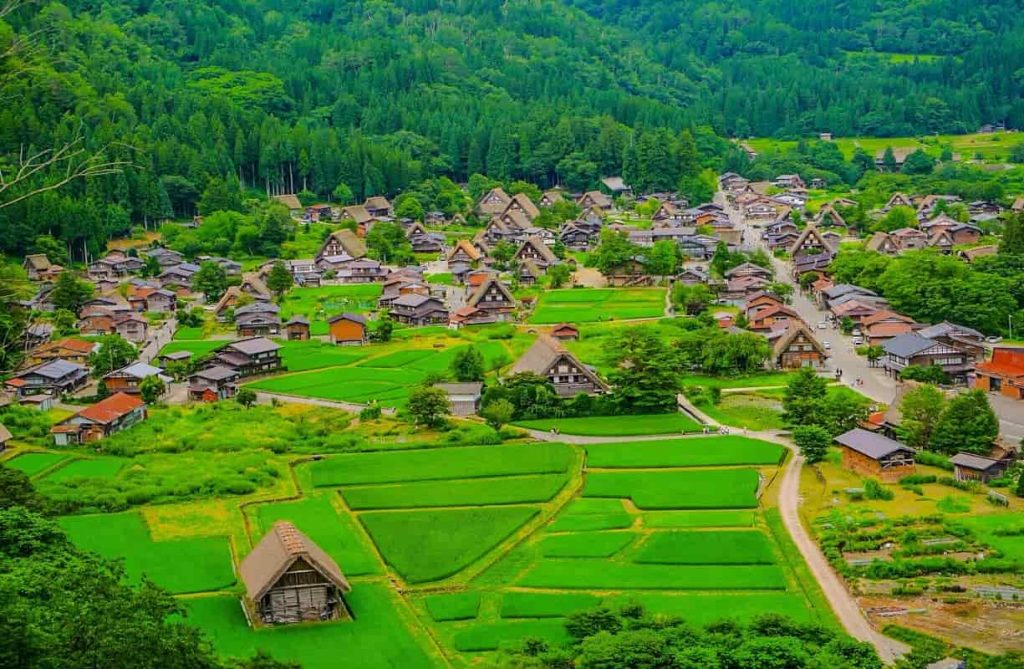
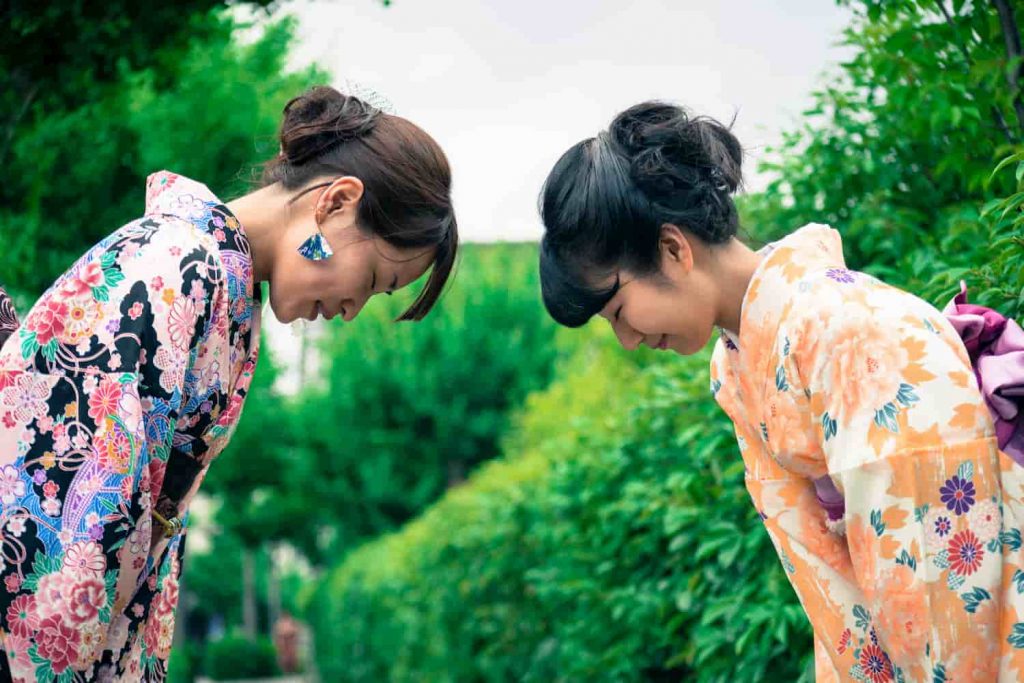
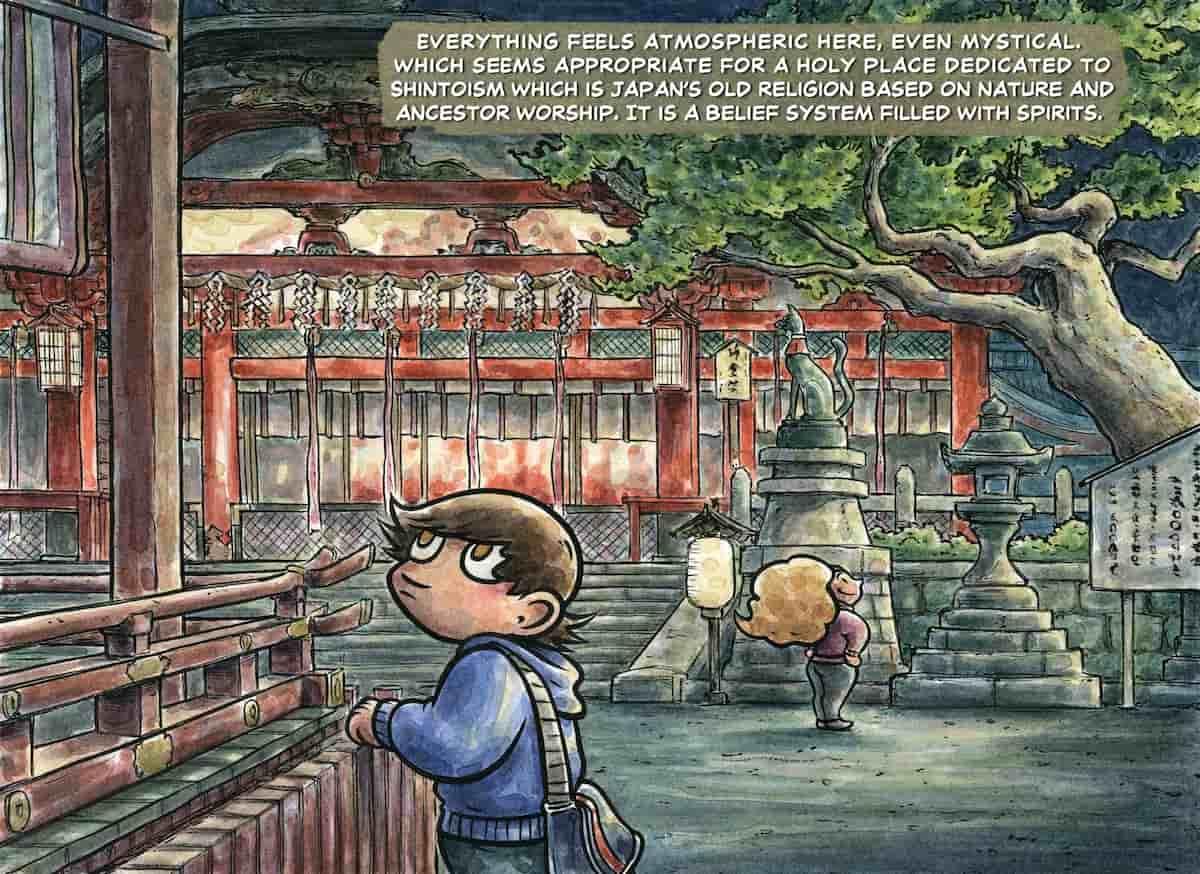


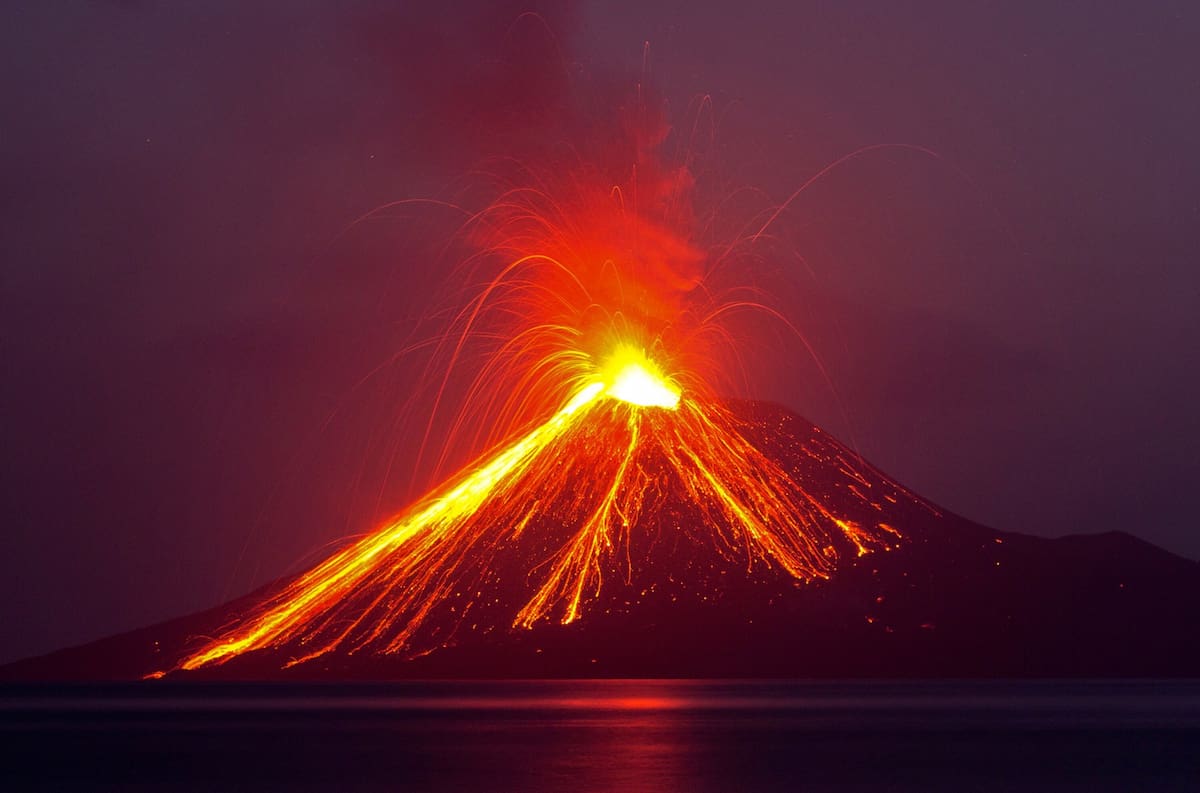
Recent Comments